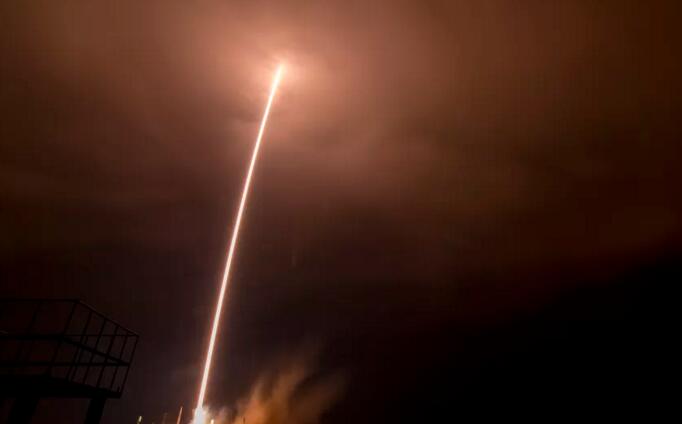China’s quantum satellite has produced the first successful result. Researchers at the Chinese Academy of Agricultural Sciences announced that they have successfully distributed photon entanglement between three different ground stations. The researchers said that the system "opens up new avenues for both practical quantum communications and the inability to access quantum optics experiments previously on the ground."
Submersible Slurry Pump
Type SP is all metal material, suit for
abrasive duty.
Type SPR is elastomer protected, suit for
acid / abrasive duty.
Type SP and SPR pumps are vertical, centrifugal slurry pumps submerged
in sump to work. They are designed for delivering abrasive, large particle and
high density slurries. These pumps have no need of any shaft seal and sealing
water. They can also be operated normally for insufficient suction duties.
which is suited for the working condition of deeper level. The guide
bearing construction is added to the pump on the basis of the standard pump, so
the pump is with both more steady operation and wider application range, but
flushing water should be attached to the guide bearing.
Wet parts of type SP pump are made of abrasion-resistant metal
All parts of type SPR pump immersed in liquid are lined with rubber
outer liner. They are suited to transport no-edge angle abrasive slurry
The type with [L" is a sump pump of extension shaft series, which is
suited for the working condition of deeper level. The guide bearing
construction is added to the pump on the basis of standard pump, so the pump is
with both more stable operation and wider application range. But flushing water
should be douche the guide bearing.
Submersible Slurry Pump,Submersible Pump For Slurry,Flygt Submersible Slurry Pump,Double Suction Slurry Pump Shijiazhuang BeiKeDeRui Metallurgical Science & Technology Co.,Ltd , https://www.bkdrtech.com
In theory, photon entanglement can keep in touch at any distance, but in practice, it is usually difficult to interrupt entanglement of sub-emitters. If the entanglement can be maintained, as a result, it is impossible to effectively intercept the communication channel. The simplest application is what cryptographers call quantum key distribution networks, which use networks to securely distribute long and complex encryption keys. Any attempt to intercept these keys is easy to detect because it is impossible to observe the photons of transit without changing them. 
The first such network was established in 2003 between Harvard University, Boston University and private laboratories. Over the years, many companies have tried to establish more ambitious connections. Swiss company ID Quantique has developed a quantum network that will connect many of North America’s largest data centers; in China, a single team is now having 2000 km of quantum links between Beijing and Shanghai, which will rely on fiber-optic cross- satellite links. Greater distances, according to ID Quantique, indicate that a reliable satellite link can be connected in an existing fiber network into a single global quantum network.